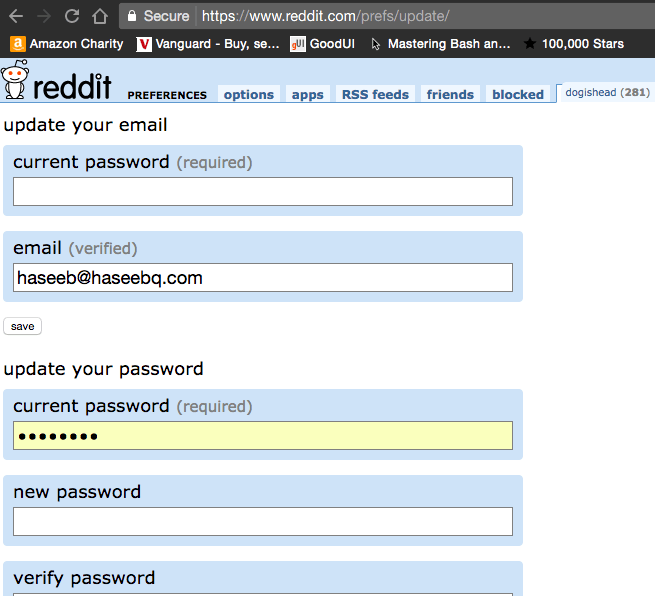

If Denuvo's trying to sell their software as anti-tampering on the consoles then they're trying to sell a blind person a lightbulb. However, IIRC, most games don't use SSL for security because of the "expense" of the per-communication setup which is where a third party solution for verifying the security of the client-server communications comes in. I say it's "very small" because that's essentially an SSL wrapper that you need to accomplish this. Yes, in part from the perspective that there is a very small amount of room to sell a communications validation suite for multiplayer games that "ensures" that communications generated by the game haven't been tampered with on their way to the server. Once that happens adding Denuvo to a game (in addition to the platform and account level locking that already occurs on the systems) is like trying to patch the hole in the Titanic with your finger. No from the perspective that nothing's going to get installed and run on the closed-system consoles unless they're cracked. I was going to ask, is this even necessary for the normal big consoles? (PS, xBox etc.) Irdeto says a number of PS5 launch titles already include this technology but didn't elaborate on which ones. Cheating "can lead to lower engagement, game traffic and shrinking revenues for game publishers," Denuvo Managing Director Reinhard Blaukovitsch said in a statement. Irdeto sells its PS5 anti-cheat system as a way of "bringing fairness and fun back to gaming," but also as a revenue-protection mechanism for developers. Irdeto says this extra layer of security has no effect on a game's performance, a statement supported by Ars' own testing of Denuvo-enabled and Denuvo-free versions of Arkham Knight on PC back in 2019.

Further Reading Removing Denuvo DRM doesn’t improve performance for Arkham KnightStill, Denuvo says its PS5 middleware helps developers "protect sensitive game logic or data, preventing cheaters from changing sensitive variables and ensuring its trustworthiness." That system generally works through a process of obfuscation and encryption, obscuring the true intent of the game's internal procedures to make it harder for hackers to figure out which bits of code affect different parts of the game.


 0 kommentar(er)
0 kommentar(er)
